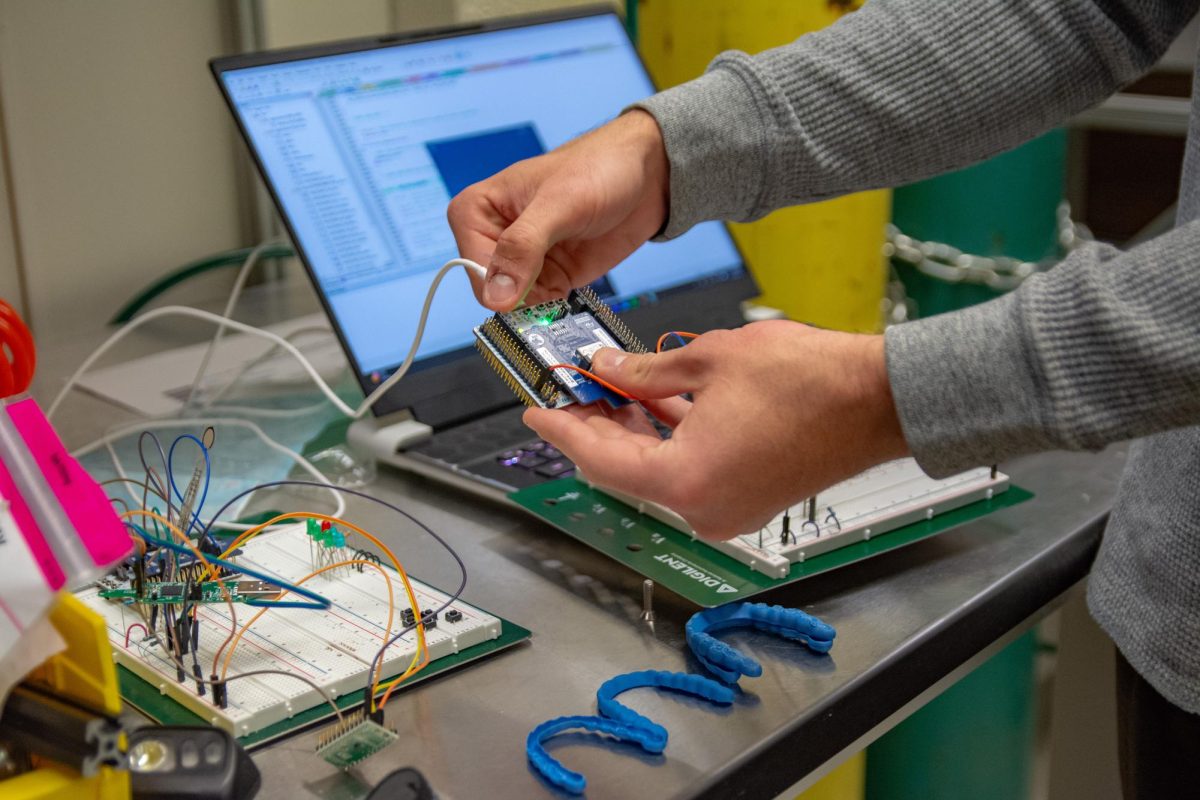Sports betting has exploded around America, as 38 states and the District of Colombia have legalized it for its residents since 2018. This wave began when the Supreme Court struck down a previous federal law banning sports gambling.
The sports gambling industry posted almost $11 billion in revenue in 2023, a nearly 45% increase from 2022, showcasing how popular it has become among all demographics nationwide. As sports betting gains popularity, the focus on technology and the use of new tools to heighten the experience has also grown.
Alix Partners consultants Matteo Carli, Paul Sanders, Catherine Brien and Greg Adams, all specializing in artificial intelligence, wrote in September, “When it comes to sports betting, AI can increase the prediction accuracy of event outcomes, elevating the efficacy of the odds-setting process while mitigating operator risk to losses.”
Las Vegas casinos and other betting companies are champions of the odds.
As they say, “The house always wins.” AI examining data and information more quickly and thoroughly than any human can allows sportsbooks to set odds that prevent the chance for them to lose money. Because the odds are set, it is rarer that people place winning bets.
However, this not only benefits companies. Betting odds on games can be adjusted in real-time based on AI that analyzes changing data, injury reports, availability, arena conditions and much more. Changing odds in real-time based on the most recent and accurate information allows for more balanced betting with fairer chances of winning and losing.
“In-play betting, where bets are placed during the game, is where AI truly shines,” said Neil Sahota, an AI adviser to the United Nations, to Forbes in February. “Platforms like Swish Analytics use AI to provide real-time data and predictions, allowing gamblers to make informed decisions as the game unfolds. This dynamic aspect of AI-powered betting brings a new level of excitement and engagement to sports gambling.”
Machine learning can also be utilized to make sports betting more personalized. AI can analyze betting patterns, sports or team preferences and more to recommend future bets. Similar to how social media does targeted marketing based on your information, what you look at and who you follow, AI is there to personalize the sports betting experience and draw you in.
Mobile sports betting applications have become very popular for on-the-go gambling, especially among younger people. However, the new glamor of sports betting also has some adverse effects on its users.
“We believe, nationwide, the rate and severity of gambling problems have increased across the United States since 2018,” said Keith Whyte, executive director of the National Council on Problem Gambling, in April. “We have every reason to believe the growth of online sports betting is a major contributing factor to the increase in gambling problems.”
Calls to gambling helplines around the country are skewing younger. More and more callers are in their 20s and 30s and having serious issues, especially with sports gambling. While there is no definitive link between AI in the industry and a rise in problematic betting, the ease and automation of machine learning systems enable almost anyone to bet their money whenever they want.
It also can help prevent some of these issues. In 2023, New Jersey became the first state to require online systems to analyze data to identify and assist gamblers who show signs of addiction or problematic behavior.
AI is here to stay in sports gambling and online betting in general. Whether that’s a positive or a negative is still up in the air since its introduction into the industry is still relatively new. The intelligence certainly has its benefits and pitfalls and will surely be under more careful watch as it grows in capability.
@sahil_mittal24













